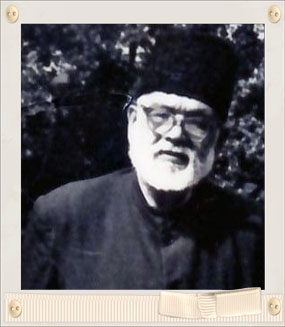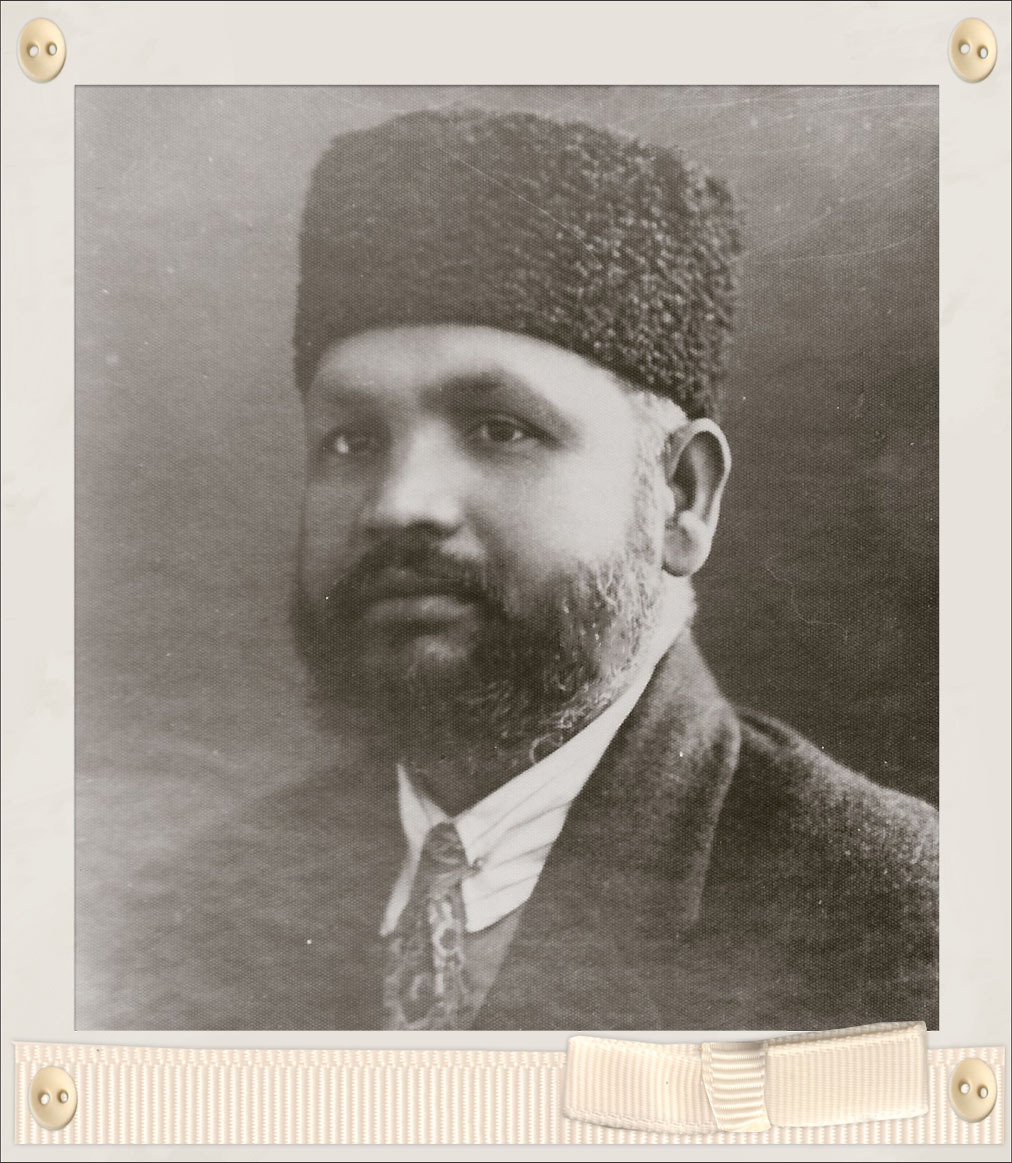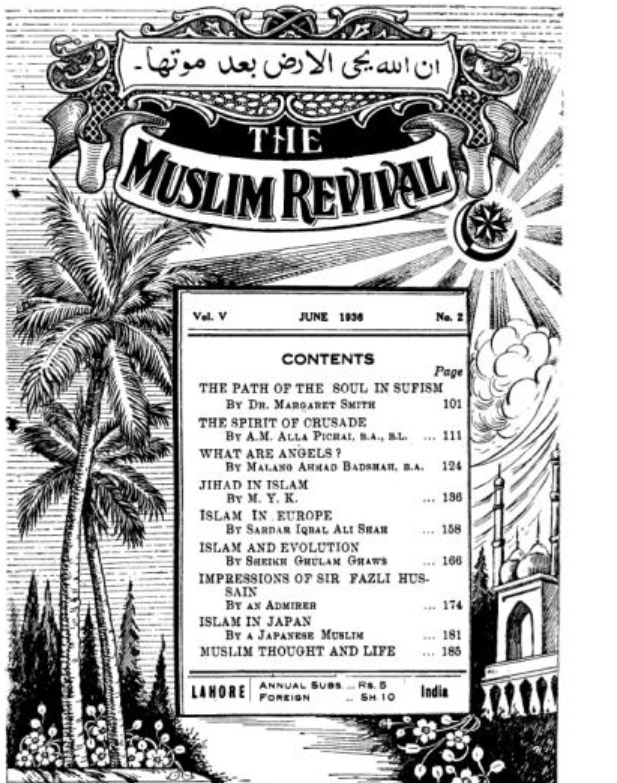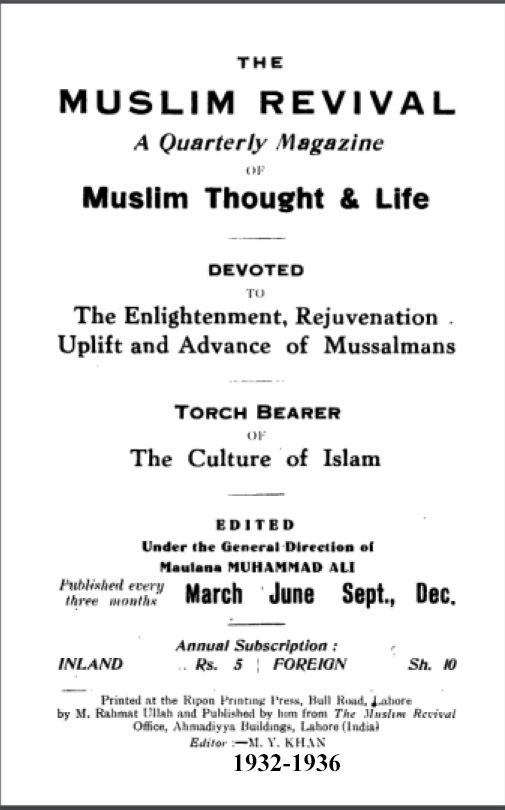Separate Electorates an Idiotic Scheme
A slur on National Self-respect, and the surest path towards letting loose press Disintegration
To make a fundamental issue like joint verses separate electorates the sport of party politics will be deprecated by all right-thinking people as a betrayal of the country. The Coalition Cabinet of Mr. I. I. Chundrigar which is committed to undo joint electorates must be labouring under an illusion if it thinks it can thrust separate electorates on the country in the face of the united opposition of East Pakistan and get away with it. By sponsoring an idiotic move like this it is, indeed, already digging its own grave.
Not a Religious Issue
The very first thing to be clear about in our mind is that the electorates issue has nothing to do with Islam. In undivided India there was ample justification for Muslims stand for separate electorates, not because Islam as a religion is opposed to a common life with non-Muslims but because of the very real danger to the survival of Islamic culture under a permanent unchangeable caste domination of the Hindus which joint electorates connoted. To seriously suggest that in Pakistan eight crores or so of Muslims cannot preserve their culture intact in its ideal complexion against the influence of a crore of Hindu should be an insult to our national self-respect.
Historic Continuity
The second confusion of thought lies in invoking the sanctity of what has been described by one very eminent public man as “historic continuity”. Since in the past Muslims have been swearing by separate electorates and Pakistan itself owed its birth to the two-nation theory expounded under the Quaid-a-Azam`s leadership, these political creeds dictated by the exigencies of those conditions have become sacrosanct, and for anybody to touch them would be to knock the very bottom out of Pakistan.
Outdoing Jinnah
The protagonists of this line of thought are outdoing the Quaid-a-Azam himself, the father of Pakistan and of the two-nation theory. Even a casual student of the communal struggle in undivided India knows that throughout his life, Mr. Jinnah stood for joint electorates and when, ultimately, he came round to the separate electorates view he regarded it as a necessary evil, thrust on Muslims by the Hindus narrow-minded, caste outlook. The two-nation theory and, indeed, the Pakistan-idea itself was forced on Muslims by the attitude of the Hindus. That was always put forward as the only basis for the demand of Pakistan. Never once was it suggested that joint electorate or a joint life with non-Muslims was against the teachings or spirit of Islam. Pakistan was a purely negative reaction against the Hindus dream to impose their exclusive domination over the whole country. But for that there would have been no Pakistan, and India still have been an undivided country.
So far as the- Qaid-Azam’s conception of the communal question was concerned, the birth of Pakistan was to be the end of it. In his very first proclamation he envisaged Pakistan as a State in which there would be no Hindus, no Muslims and no Christians (in the political sense), who, while freely following their own religions would politically merge into one body politic, all looking upon themselves as just Pakistanis.
The establishment of Pakistan, according to him, was to mark the opening chapter of a new history, putting an end to the ugly period of history when, Hindus and Muslims were pitched against each other as two armed camps. The advocates of “historic continuity” should have the sense to see that everything in history is not worth preservation. Indeed, the one lesson we must learn from the past centuries of decadence and subjugation is to discard the elements of history which landed us into that predicament.
Confession of Failure
Pakistan was, indeed, conceived as the only solution to cut the gordian knot of perpetual communal bickering and daily mounting tension. To seriously suggest that Hindus and Muslims must still be regarded hostile and constituting two nations is to condemn Pakistan as a failure. What has Pakistan solved if the communal question still survives in the same old bitterness as to necessitate separate electorates?
The demand would have been, quite understandable, had it come from the Hindu community. But strangely, for the first time in the history of democracy, it is the majority in Pakistan that is demanding safeguard of separate electorates.
The Logical Conclusion
Equally childish is the puritanic pose that since in Pakistan all legislation must be rooted in the Quran and the Hadith, Muslim candidate returned to the Assemblies must be free from influences, which, in a joint system, Hindu votes would exercise on them. Carried to logical conclusion, this line of thought should mean the total disenfranchisement of all non-Muslims because to otherwise the danger of their influence over legislation will stay, even if they are returned on the basis of separate electorates. In that case, their anti-Islamic influence would, indeed, carry a more bitter sting.
Both Suhrawardy and Maulana Bhashani have declared that the block of 70 Hindu members in the East Pakistan Assembly actually holds the balance of power in that wing and can make and unmake ministries. What do the advocates of the purity of Islamic complexion of this State propose to do with them? Consistently with their logic, the conclusion is inescapable that to evolve a “pure” Pakistan all non-Muslims influences must be eliminated by altogether disenfranchising non-Muslims. That indeed is actually ridiculous position of this school who want non-Muslims to be treated as Zimmis (sub-nationals). That obviously is an absurdity which only religious maniacs can seriously contemplate.
Fillip to Sectarianism
The trouble does not stop there. It will put the State straight on the track followed by Moscow where purges of deviationist, real or faked, is order of the day. The purge process will go much further. Besides non-Muslims, the Shias, the Agha Khanis, the Ahl-i-Hadith, the Ahmadis must also be disenfranchised because according to the Ulema, they do not reflect the correct Islamic way.
The ex-Premier, Mr. Suhrawardy has rightly described the introduction of separate electorates as the unleashing of a hydra-headed monster, which can play havoc with the very security of Pakistan. For a body of Ulema who were not able to produce an agreed definition of a Muslim before the Munir Inquiry Committee, it is some cheek to demand voting on the basis of religion.
A Vote-catching Device
The truth of the matter is that the demand of separate electorates on the basis of “Islam in danger” is mere stunt to capture political power. What is really in danger in case of joint electorates is that it will not be possible for anybody to exploit religion for political ends. And that is as it should be.
A state is meant primarily to ensure the well-being of the people, and political parties must face the voters on the basis of their welfare programmes. To seek to catch votes by pandering to religious passions is blackmail pure and simple and a stab in the back of both Islam and the State.
Separate electorates is not only un-Islamic; it is surest path towards letting loose the forces of disintegration.
(The Light – November 8, 1957)




